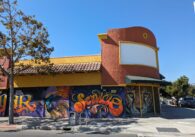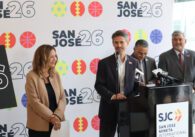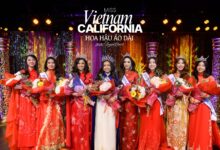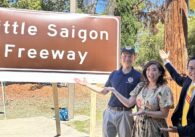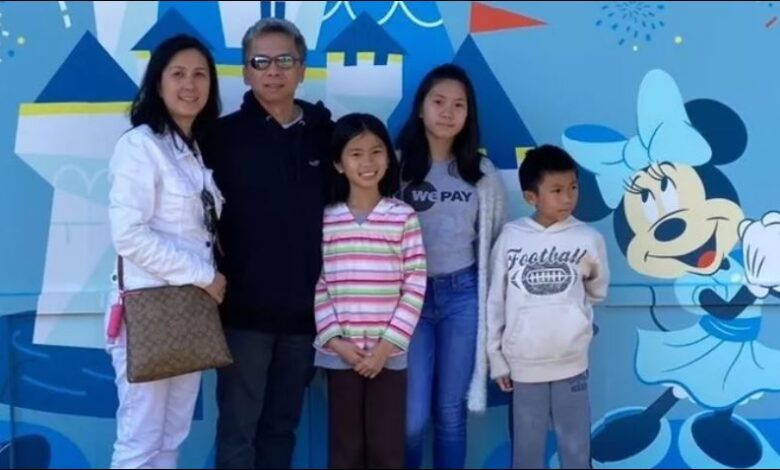
Gia đình và thân hữu của chị Diem Tran, là nạn nhân trong vụ tai nạn vài hôm trước tại đường Mckee/101, đang tổ chức gây quỹ trên trang GoFundme để giúp thành lập quỹ học đại học cho 3 người con của chị.
Chị ra đi để lại 3 người con 9, 11, và 16 tuổi.
Kathy Huynh là người tổ chức trang gây quỹ, viết như sau:
“Diễm không chỉ là một người có tâm hồn nhân hậu đối với nhiều người mà còn là người mẹ tuyệt vời nhất đối với 3 người con của mình. Họ là thế giới của cô. Cô luôn vượt lên vì các con, luôn đặt hạnh phúc và sức khỏe của các con lên hàng đầu. Vì lý do này, tôi, cháu gái của cô ấy, cùng với gia đình của cô ấy, đã bắt đầu trang GoFundMe này dành cho những người muốn quyên góp cho quỹ đại học của con cô ấy.
Đối với nhiều người, Diễm được biết đến như một người bạn thực sự, một người vợ yêu quý, một người cô đảm đang và một người mẹ vị tha. Cô là ánh sáng giữa căn phòng tối. Tính cách sôi nổi của cô ấy sẽ tỏa ra khắp căn phòng bất cứ khi nào cô ấy mỉm cười. Cô tôi luôn nghĩ về người khác trước khi nghĩ về mình. Cô ấy yêu cầu rất ít, nhưng lại cho rất nhiều. Cô ấy sẽ mãi mãi sống trong trái tim và ký ức của chúng tôi, không bao giờ bị lãng quên.”
Quý vị có thể giúp chia sẽ và đóng góp bằng cách nhấn vào link dưới đây:
https://www.gofundme.com/f/in-loving-memory-of-diem-tran






